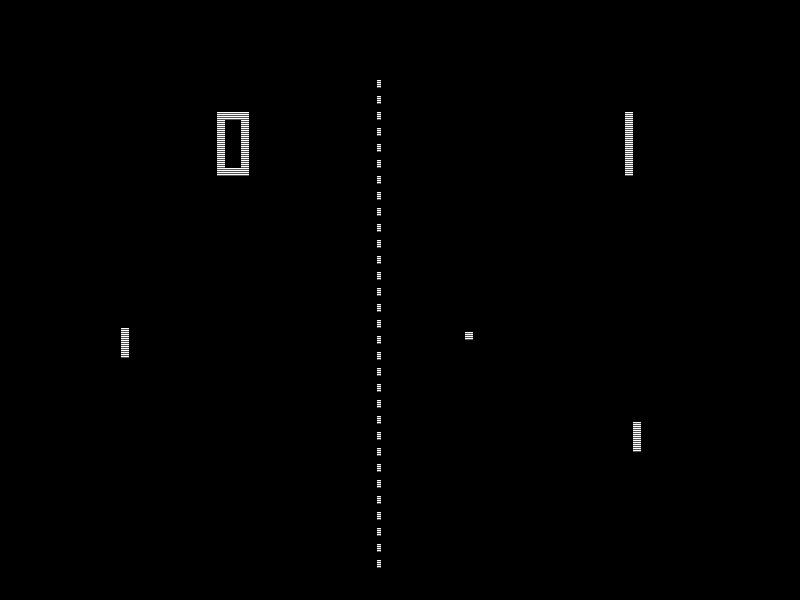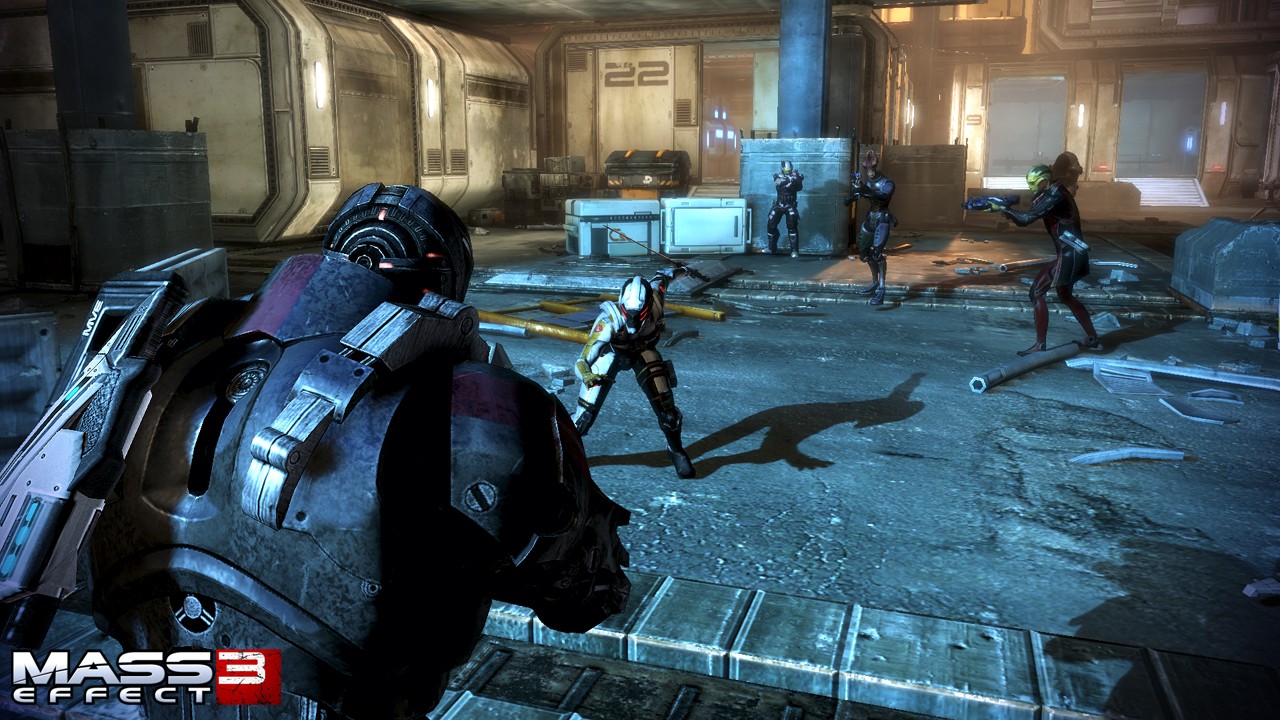Ball. Yes, that’s
the game, Ball. No, I’m not talking
about playing with a dog (though the person that thought that one up should
have something written about them as well). I mean a video game, and to top
that, one that opened the door for one of the biggest games manufactures today.
It’s important to point out before anything else that the
gameplay in Ball isn’t the most
exciting, revolutionary or otherwise unique that you might have come across up
to this point. To sum it up briefly, you played as Mr Game & Watch,
juggling balls aiming not to drop them by using your characters’ two arms. As I
say, not what anyone would consider mind-blowing. However, the impact and
legacy is something that could not be ignored.
Released in 1980, Ball
was significant for so many reasons. Perhaps the most important is that Ball was the first successful game to be
released by Nintendo. Nintendo had forayed into the early gaming industry
before 1980, creating games as early as 1974, but to little success. Shipping
somewhere around a quarter of a million units, Ball sent Nintendo into the big time allowing for more games to be
produced on the platform.
source:wikipedia
What a platform it turned out to be, Ball was the first
title in Nintendo’s revolutionary hand held, Game & Watch series. Each game came in its own, self contained unit
so at the time it was possible to pick up several mini hand held gaming devices
for every game you bought.
Even though Ball wasn’t
the most exciting invention seen by early gamers, the pathway it laid down has
seen it come to critical acclaim in recent years, with Nintendo remaking the
game in its original form in 2010.
So, I’m not going to recommend searching for an emulator for
this one, but next time you pick up your 3DS or decide that Wii Fit needs to
come out of the box, spare a thought for where it started and thank Mr Game
& Watch.







